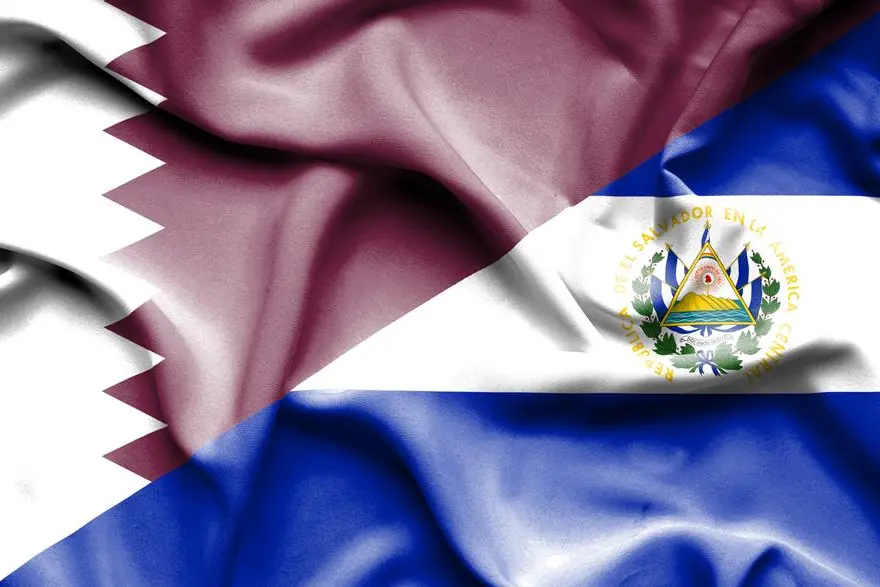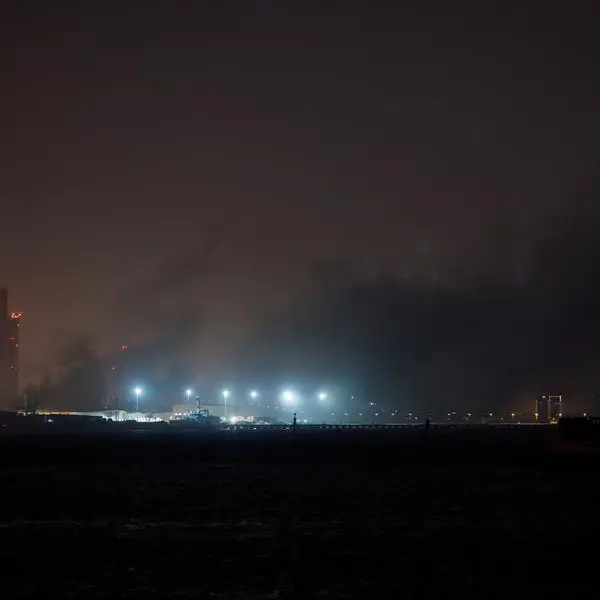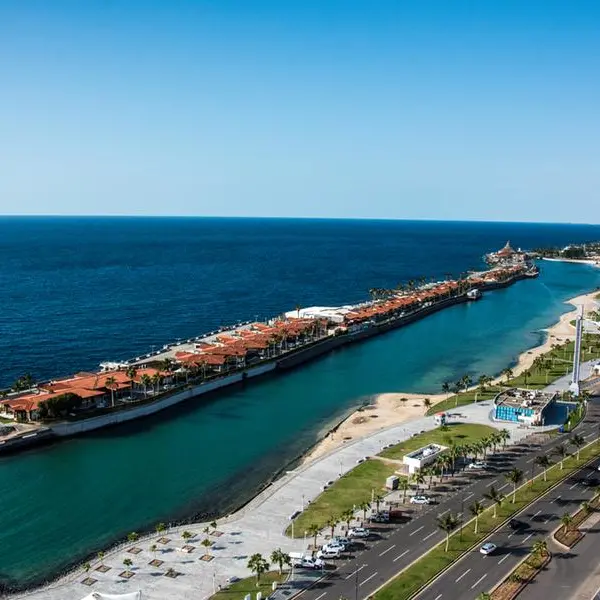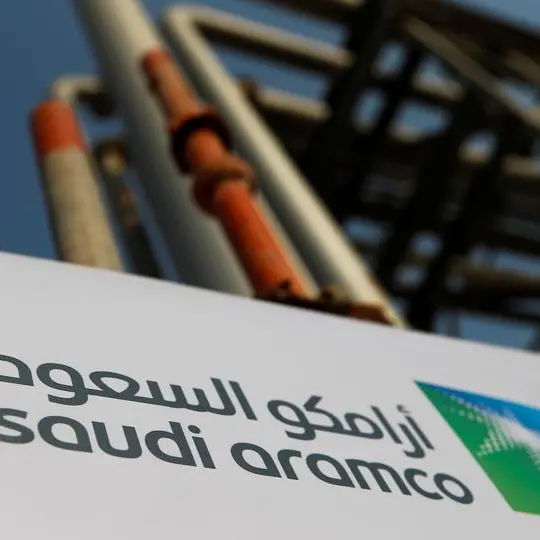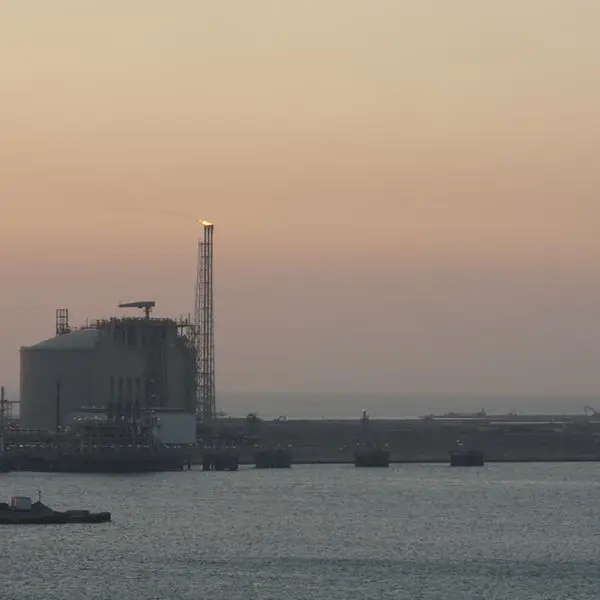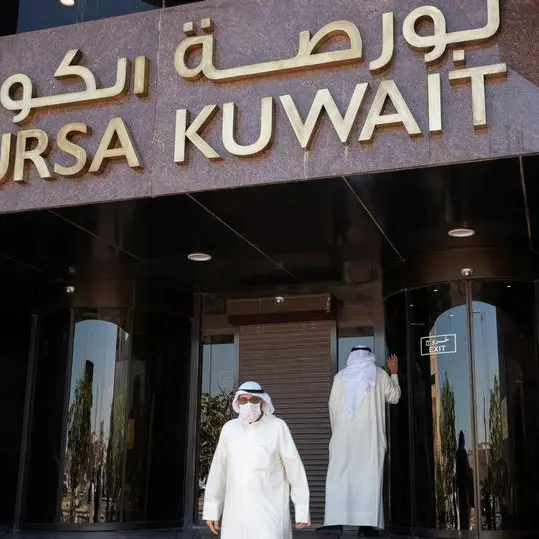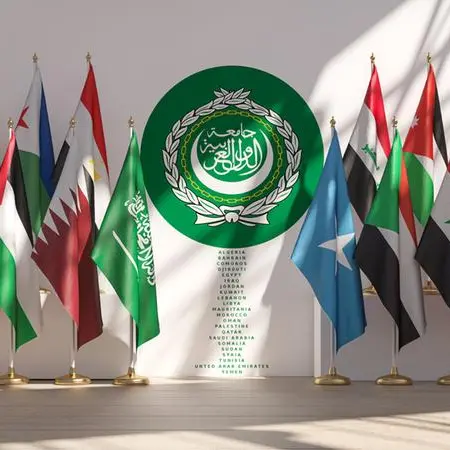PHOTO
His Highness the Amir Sheikh Tamim bin Hamad al-Thani and El Salvador President Nayib Armando Bukele discussed bilateral relations and ways to support and develop them in various fields, besides discussing several global issues of common concern.
The Amir’s official visit to El Salvador and his talks there will advance relations between Doha and San Salvador to new horizons.
Qatar and El Salvador are linked by distinguished relations and bonds of friendship and co-operation. The two countries signed an agreement to establish diplomatic relations on Sept 24, 2003. In April 2006, El Salvador established its embassy in Doha while Qatar established its embassy in San Salvador in 2009. Since then, bilateral relations have seen significant qualitative development, with exchanges of visits by officials from both sides.
There are a set of agreements and memorandums of understanding (MoUs) that regulate relations between the two countries in politics, diplomacy, trade, industry, finance, culture, education, sports, tourism, civil aviation, co-operation and joint news exchange, in addition to co-ordination in international platforms such as the United Nations, the International Monetary Fund (IMF) and the World Bank. Several Salvadoran officials are invited to attend meetings and forums organised by Qatar such as the World Innovation Summit for Health (WISH).
In December 2019, His Highness the Amir met the El Salvador president on the sidelines of the Doha Forum 2019, where bilateral relations and the prospects for developing them were discussed.
President Bukele’s visit to Doha was aimed to strengthen diplomatic, political and commercial relations, as well as enhance co-operation and investment relations with Qatar.
He had expressed El Salvador’s interest in collaborating with Qatar in various fields, especially in oil and gas since his country has great oil wealth and co-operating with Qatari companies would help take advantage of it.
El Salvador is a gateway to Latin American markets due to its location. The president had expressed his aspiration to see Qatari investments in El Salvador, especially since it is one of the most stable countries in the region and has a free trade agreement with the US and has great relations with China and other countries in the world.
In March, Doha hosted the second round of political consultations between the foreign ministries of Qatar and El Salvador. It discussed bilateral co-operation, in addition to other issues of joint interest.
Qatar provided El Salvador with medical aid, equipment and various supplies to support the country during the Covid-19 pandemic. Food and supplies were also provided to affected families.
Qatar also provided support to El Salvador after the country was struck by a tropical storm, floods and torrential rains in 2011 which destroyed many infrastructures, including the El Espino school in the municipality of Comasagua, which was later reopened with Qatar’s support.
In June of last year, Qatar thanked El Salvador for joining the initiative to plant 10mn trees ahead of the FIFA World Cup Qatar 2022, the first ever carbon-free tournament. El Salvador’s contribution includes providing 125,000 trees annually, out of a total contribution of 1mn trees until 2030.
To strengthen ties with Latin America, His Highness the Amir Sheikh Tamim bin Hamad al-Thani made several visits and tours in a number of its countries in 2015, 2016 and 2018. These visits contributed to expanding co-operation and opening doors for strategic partnerships. They also enhanced the Qatar’s position on the international scene and embodied its foreign policy of positive openness, humanitarian co-operation and building long-term partnerships.
The presence of 14 Latin American embassies in Doha underscores the strong Qatari-Latin American relations which can be described as strong and good, especially at the level of the countries’ leaderships. Doha also hosted the second Summit of South American-Arab Countries on March 31, 2009, in which Doha announced its support for the strategic relations between the two regions.
In recent history, Latin America has maintained close ties with the Arab people, opening its heart and doors to them without any discrimination. It has also shown sympathy towards Arab issues and supported them in international forums, most notably the Palestinian cause.
Latin America is the world’s fourth-largest region in area and the fifth-largest in population. It possesses vast water resources and some of the most fertile agricultural lands globally. Additionally, several Latin American countries have significant reserves of oil, iron ore, steel, and account for a quarter of the world’s copper reserves. These resources will play a vital role in future markets. Furthermore, there is a significant focus on automation software, artificial intelligence, and smart industries, with an expected annual revenue of $500bn by 2030.
El Salvador is a mountainous country in western Central America, bordered by the Pacific Ocean in the south, Guatemala in the west and Honduras in the north, and it shares maritime borders with Nicaragua. It is the only country in Central America that does not have a coastline on the Caribbean Sea. With an area of 21,000sq km, El Salvador is the smallest Central American country and has a population of about 6,400,000 people.
El Salvador is known for its volcanoes. There are 23 dormant volcanoes and five volcanic fields, in addition to three lakes and many rivers. Agriculture is key to El Salvador’s economy, as it provides about two-thirds of the country’s exports and employs a third of its workforce. It is also one of the most important countries in Central America in the industrial field which includes the industries of cotton textiles, sugar and petrochemicals.
Over the past decade, El Salvador was able to achieve political and economic stability and witnessed great economic development, pushing its economy to new heights. Recent reports indicate an upward path in the economic index of El Salvador, which reflects the country’s commitment to creating a strong and prosperous economy which has contributed to decreasing poverty and increasing growth rates as well as raising confidence among investors, which will further enhance El Salvador as a rising economic power in and out of the region.
El Salvador seeks to further develop the its tourism which has many beautiful natural monuments and archaeological and cultural sites that would attract many people from all over the world.
© Gulf Times Newspaper 2022 Provided by SyndiGate Media Inc. (Syndigate.info).The Amir’s official visit to El Salvador and his talks there will advance relations between Doha and San Salvador to new horizons.
Qatar and El Salvador are linked by distinguished relations and bonds of friendship and co-operation. The two countries signed an agreement to establish diplomatic relations on Sept 24, 2003. In April 2006, El Salvador established its embassy in Doha while Qatar established its embassy in San Salvador in 2009. Since then, bilateral relations have seen significant qualitative development, with exchanges of visits by officials from both sides.
There are a set of agreements and memorandums of understanding (MoUs) that regulate relations between the two countries in politics, diplomacy, trade, industry, finance, culture, education, sports, tourism, civil aviation, co-operation and joint news exchange, in addition to co-ordination in international platforms such as the United Nations, the International Monetary Fund (IMF) and the World Bank. Several Salvadoran officials are invited to attend meetings and forums organised by Qatar such as the World Innovation Summit for Health (WISH).
In December 2019, His Highness the Amir met the El Salvador president on the sidelines of the Doha Forum 2019, where bilateral relations and the prospects for developing them were discussed.
President Bukele’s visit to Doha was aimed to strengthen diplomatic, political and commercial relations, as well as enhance co-operation and investment relations with Qatar.
He had expressed El Salvador’s interest in collaborating with Qatar in various fields, especially in oil and gas since his country has great oil wealth and co-operating with Qatari companies would help take advantage of it.
El Salvador is a gateway to Latin American markets due to its location. The president had expressed his aspiration to see Qatari investments in El Salvador, especially since it is one of the most stable countries in the region and has a free trade agreement with the US and has great relations with China and other countries in the world.
In March, Doha hosted the second round of political consultations between the foreign ministries of Qatar and El Salvador. It discussed bilateral co-operation, in addition to other issues of joint interest.
Qatar provided El Salvador with medical aid, equipment and various supplies to support the country during the Covid-19 pandemic. Food and supplies were also provided to affected families.
Qatar also provided support to El Salvador after the country was struck by a tropical storm, floods and torrential rains in 2011 which destroyed many infrastructures, including the El Espino school in the municipality of Comasagua, which was later reopened with Qatar’s support.
In June of last year, Qatar thanked El Salvador for joining the initiative to plant 10mn trees ahead of the FIFA World Cup Qatar 2022, the first ever carbon-free tournament. El Salvador’s contribution includes providing 125,000 trees annually, out of a total contribution of 1mn trees until 2030.
To strengthen ties with Latin America, His Highness the Amir Sheikh Tamim bin Hamad al-Thani made several visits and tours in a number of its countries in 2015, 2016 and 2018. These visits contributed to expanding co-operation and opening doors for strategic partnerships. They also enhanced the Qatar’s position on the international scene and embodied its foreign policy of positive openness, humanitarian co-operation and building long-term partnerships.
The presence of 14 Latin American embassies in Doha underscores the strong Qatari-Latin American relations which can be described as strong and good, especially at the level of the countries’ leaderships. Doha also hosted the second Summit of South American-Arab Countries on March 31, 2009, in which Doha announced its support for the strategic relations between the two regions.
In recent history, Latin America has maintained close ties with the Arab people, opening its heart and doors to them without any discrimination. It has also shown sympathy towards Arab issues and supported them in international forums, most notably the Palestinian cause.
Latin America is the world’s fourth-largest region in area and the fifth-largest in population. It possesses vast water resources and some of the most fertile agricultural lands globally. Additionally, several Latin American countries have significant reserves of oil, iron ore, steel, and account for a quarter of the world’s copper reserves. These resources will play a vital role in future markets. Furthermore, there is a significant focus on automation software, artificial intelligence, and smart industries, with an expected annual revenue of $500bn by 2030.
El Salvador is a mountainous country in western Central America, bordered by the Pacific Ocean in the south, Guatemala in the west and Honduras in the north, and it shares maritime borders with Nicaragua. It is the only country in Central America that does not have a coastline on the Caribbean Sea. With an area of 21,000sq km, El Salvador is the smallest Central American country and has a population of about 6,400,000 people.
El Salvador is known for its volcanoes. There are 23 dormant volcanoes and five volcanic fields, in addition to three lakes and many rivers. Agriculture is key to El Salvador’s economy, as it provides about two-thirds of the country’s exports and employs a third of its workforce. It is also one of the most important countries in Central America in the industrial field which includes the industries of cotton textiles, sugar and petrochemicals.
Over the past decade, El Salvador was able to achieve political and economic stability and witnessed great economic development, pushing its economy to new heights. Recent reports indicate an upward path in the economic index of El Salvador, which reflects the country’s commitment to creating a strong and prosperous economy which has contributed to decreasing poverty and increasing growth rates as well as raising confidence among investors, which will further enhance El Salvador as a rising economic power in and out of the region.
El Salvador seeks to further develop the its tourism which has many beautiful natural monuments and archaeological and cultural sites that would attract many people from all over the world.
